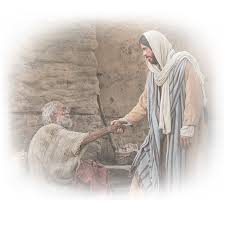“Ashes fade, but our faith remains,” senior student reminds her Fenwick classmates.
By Preaching Team Member Natalie Poleszak ’23 (Burr Ridge, IL)
Did you leave your car running this morning? Did you take a second to remember you locked it? During this season, we are often so occupied with giving up a favorite soda or candy that we forget to slow down. So excited for Easter, we lose focus on what’s important.
Today, I ask each one of you to for a moment forget about the Spanish test you have or what you will be doing this weekend to slow down.

I know Fenwick students are sometimes unable to do this because I see it in the parking lot everyday. In a rush to get to their favorite parking spot or to even make it past the light, we often forget to look around. Similarly, how often do we think about an intention before we mindlessly pray with our peers before class. How often do we check up on our friends or tell our parents thank you? I am guilty of not doing these things myself.
Today I challenge you to practice patience. I challenge you to park within the lines. For even though your awareness fades, the impact remains.
You may be asking yourself, ‘Natalie why are you talking about the parking garage on Ash Wednesday?’ Driving is something we all experience in our lives. Likewise, everyone at Fenwick has to learn about faith in their theology classes. Why not incorporate it into the simple moments in your life?
Even with all of this preparation and growth in our personal lives, it’s not important unless we get out and actually do it. So today we are challenged to consider the other person in the car next to us. To not cut them off, or honk the horn, or to let them in front of us. Let the ash on your forehead serve as a reminder in your busy lives. For even as the cross on your forehead fades, our faith remains.











